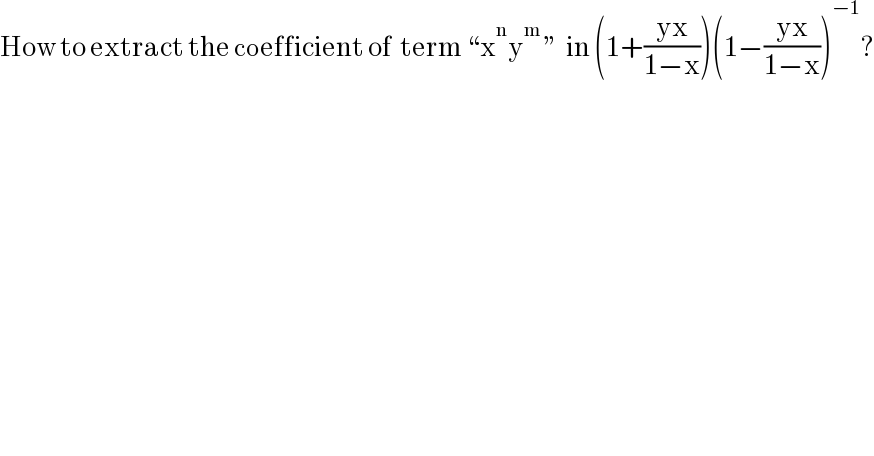
Question and Answers Forum
Question Number 155189 by qaz last updated on 27/Sep/21

Answered by mr W last updated on 26/Sep/21

Commented by Tawa11 last updated on 26/Sep/21

Commented by qaz last updated on 27/Sep/21

| ||
Question and Answers Forum | ||
Question Number 155189 by qaz last updated on 27/Sep/21 | ||
 | ||
Answered by mr W last updated on 26/Sep/21 | ||
 | ||
| ||
Commented by Tawa11 last updated on 26/Sep/21 | ||
 | ||
Commented by qaz last updated on 27/Sep/21 | ||
 | ||